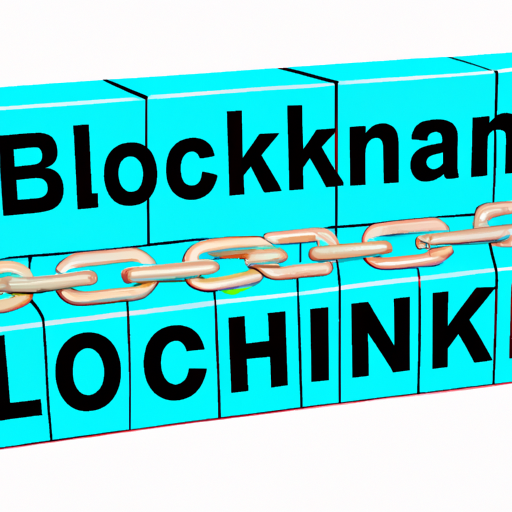In recent years, the advent of blockchain technology has been a game changer in various industries, particularly in supply chains. As businesses seek to improve efficiency, enhance transparency, and ensure accountability, the integration of blockchain in logistics has emerged as a critical solution.
What is Blockchain?
Blockchain is a decentralized digital ledger that records transactions across multiple computers in a way that ensures the security and transparency of data. Each transaction is grouped together in blocks, forming a chain secured by cryptography. This technology eliminates the need for intermediaries, which can streamline operations.
Why Blockchain in Supply Chains?
Implementing blockchain in supply chains offers several key benefits:
- Enhanced Transparency: Each participant in the supply chain can access real-time data, ensuring that all stakeholders have the same information regarding the status and location of goods.
- Improved Traceability: Blockchain enables precise tracking of products from origin to destination, helping companies quickly address any issues related to quality or safety.
- Increased Efficiency: Automated processes, such as smart contracts, reduce the time spent on paperwork and streamline operations, resulting in cost savings.
- Fraud Reduction: The immutable nature of blockchain helps to decrease the risks of fraud and unauthorized alterations in records.
Real-World Applications
Several major corporations have successfully integrated blockchain into their supply chain operations:
- Walmart: The retail giant has employed blockchain to enhance food traceability, allowing them to track the journey of food products from farm to store shelves, significantly reducing the time taken to identify the source of food safety issues.
- Maersk: By collaborating with IBM to create a blockchain platform, Maersk is enhancing the visibility of cargo movements, optimizing logistics processes, and improving overall operational efficiency.
- Provenance: This innovative platform uses blockchain to enable consumers to trace the journey of products, ensuring ethical sourcing and sustainable practices.
Challenges and Considerations
Despite its advantages, the implementation of blockchain in supply chains also poses challenges. Issues such as scalability, integration with existing systems, and the need for industry-wide standards must be addressed. Additionally, educating all participants in the supply chain about blockchain is essential for successful adoption.
The Future of Blockchain in Supply Chains
As more companies recognize the transformative potential of blockchain, its influence in supply chains is set to grow. Innovations in blockchain technology will likely lead to even greater efficiencies, reduced costs, and increased accountability across the supply chain.
Conclusion
In conclusion, the implementation of blockchain technology in supply chains is not just a trend; it is a necessity for companies looking to enhance transparency and efficiency in their operations. By embracing this innovative technology, businesses can better meet customer demands while ensuring a more sustainable and traceable supply chain.
Stay ahead of the curve and consider how blockchain can transform your supply chain management strategies!




